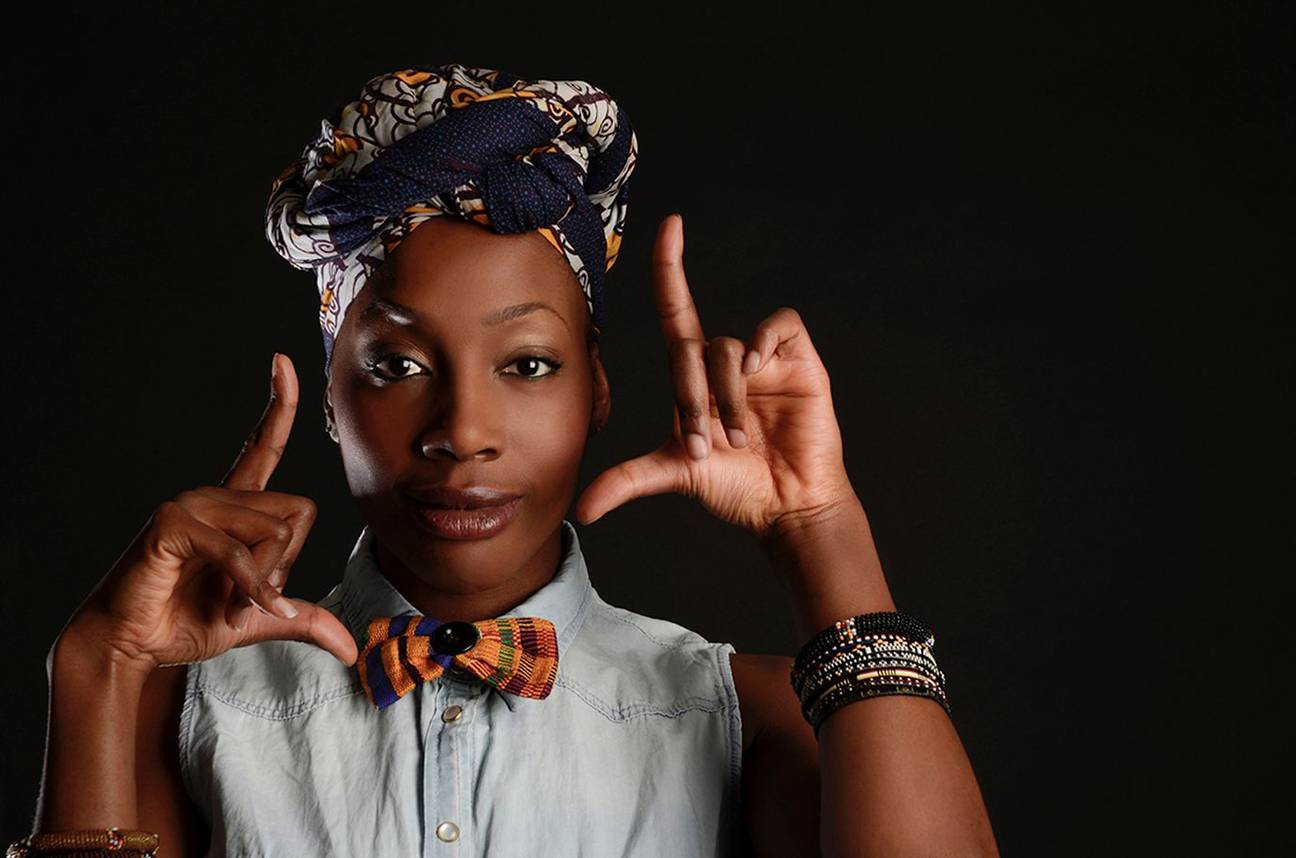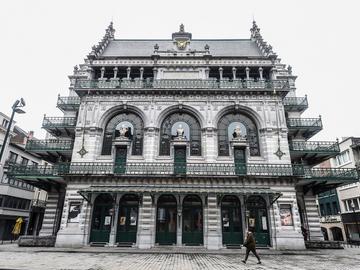We will be able to see choreographer, dancer and teacher Alesandra Seutin more and more in Brussels, where she grew up. In between travelling to the UK, Africa, Asia and the US, she will present the group choreography Boy Breaking Glass in KVS.

© Luke Das
Alesandra Seutin: to dance with all one's senses
Born in Harare, Zimbabwe to a South African-Belgian couple, Seutin grew up in Brussels before starting dance training at Trinity Laban Conservatoire in London, followed by a course in choreography and performance at Middlesex University. A defining episode in her formation as an artist was her time at the École des Sables in Senegal, where she learned to combine traditional West African and contemporary influences. That experience made her dare to do her own thing rather than trying to respond to a purely white aesthetic.
Her work focuses explicitly on the black body in a predominantly white society, and on traditional or contemporary urban forms of dance. Due to the underexposure of black artists, these are rarely considered higher art forms and thus do not yet sufficiently penetrate the theatres. Meanwhile, she has become co-director of the École des Sables herself, and guest artistic director of the National Youth Dance Company (Sadler’s Wells).
Since 2007, Seutin has her own company Vocab Dance. It is named after the Fugees’ song “Vocab”, which happened to be the first thing she came across when she was in London trying to come up with a name for the company. But Vocab Dance also fits with her vision of dance as a vocabulary, of which voice, song and visual art have also become an inseparable part since her experiences in Africa.
We have already seen this in Brussels. In 2019, Seutin came to KVS with the performance Giant, and at the end of 2019 she was part of the cast and choreographer for Dear Winnie,. At the festival Congolisation 2021, she was given carte blanche for a whole evening.
Now she is at KVS with the group performance Boy Breaking Glass, which unites dance and theatre and is inspired by the poem of the same name by Gwendolyn Brooks – the first black female poet in the US to receive a Pulitzer Prize for Poetry.
Read more about: Podium , Alesandra Seutin , KVS , The new cultural season fall 2021



